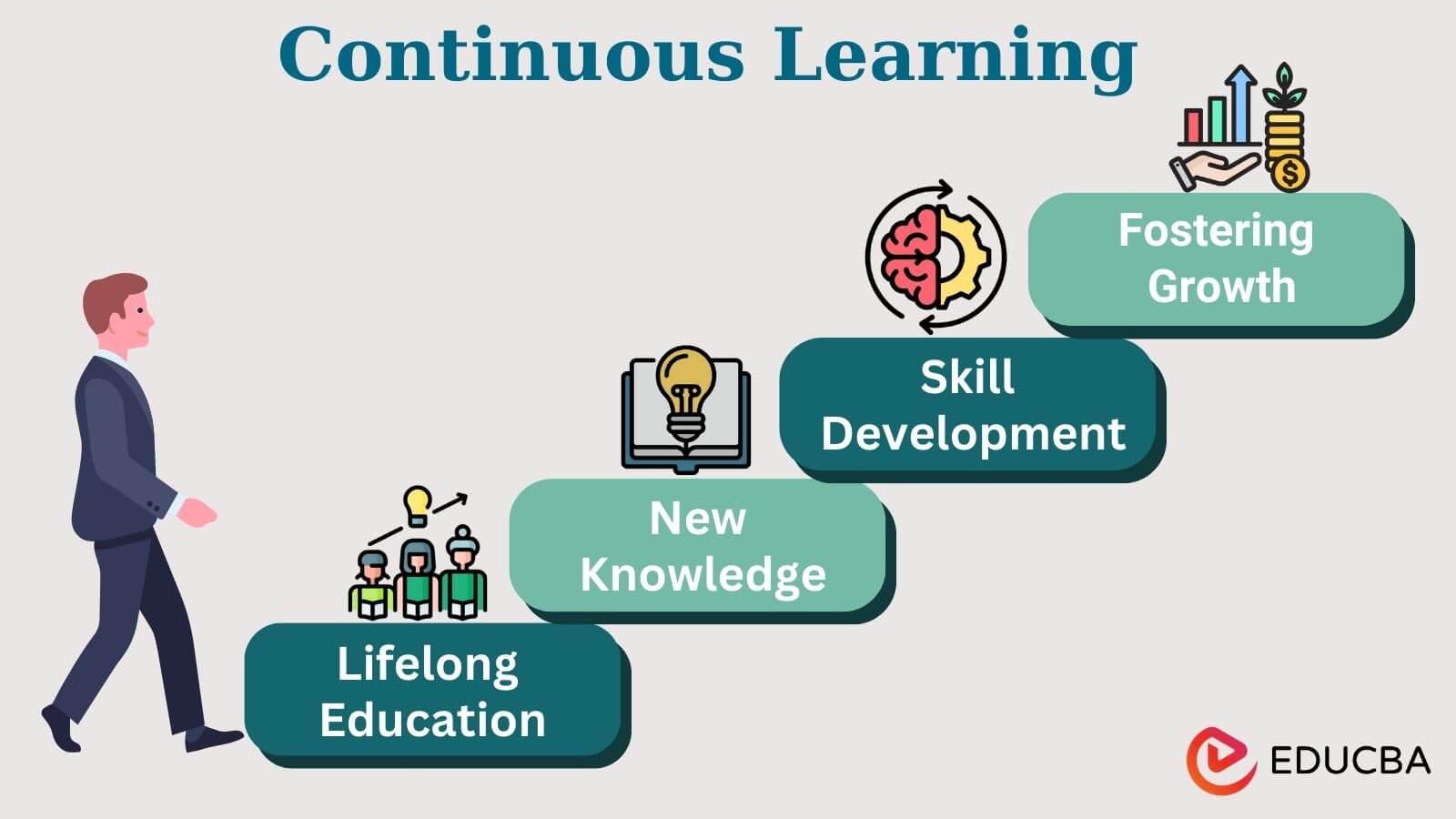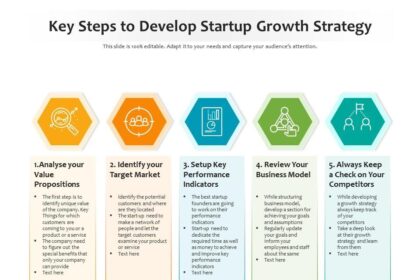In the vibrant world of startups, where innovation meets ambition, assembling the right team can often be the difference between a fleeting idea and a groundbreaking reality. Picture a diverse group of passionate individuals, each bringing their unique talents to the table, collaborating in a dance of creativity and strategy. But what does it truly take to craft this dream team? What are the essential elements that not only attract top talent but also foster an environment ripe for success? In this article, we will explore the foundational principles and actionable insights that pave the way for building a cohesive and dynamic team—one that can navigate the complexities of entrepreneurship and turn visions into viable ventures. Whether you’re at the nascent stage of brainstorming or ready to scale, understanding these essentials will empower you to cultivate a powerhouse of collaboration and innovation, ultimately setting the stage for your startup’s triumph.
Building a Diverse Skill Set: The Foundation of Your Startup Team
Creating a startup team that thrives on innovation requires a diverse skill set that complements each member’s strengths. When assembling your dream team, consider including individuals with backgrounds in various disciplines. This mixture not only fosters creativity but also enhances problem-solving capabilities. To ensure balance and broad coverage of essential competencies, look for expertise in the following areas:
- Technical Skills: Developers and engineers drive product development.
- Marketing Savvy: Professionals who understand market trends and customer engagement.
- Financial Acumen: Accountants or financial analysts manage budgets and forecasts.
- Creative Thinking: Designers and creative consultants inspire innovative features.
- Operational Knowledge: Managers who streamline processes and logistics.
Diversity in skills enhances not only the productivity of a startup but also its culture. Such a team encourages collaboration and promotes a learning environment where members can share knowledge and experience. The following table illustrates how various skill sets contribute to the overall growth of your startup:
| Skill Set | Contribution |
|---|---|
| Technical | Product development and innovation |
| Marketing | Customer acquisition and brand visibility |
| Finance | Financial sustainability and investor confidence |
| Creative | User experience enhancement and design thinking |
| Operations | Efficiency and resource management |

Fostering a Collaborative Culture: Creating an Environment for Innovation
In a thriving startup environment, collaboration acts as the lifeblood of innovation. When team members feel free to share their ideas without fear of criticism, the spark of creativity flourishes. Establishing open communication channels is paramount, and it can be accomplished through:
- Regular brainstorming sessions
- Coworking spaces that inspire teamwork
- Digital tools that facilitate real-time feedback
Each of these elements helps break down silos and encourages cross-pollination of ideas, enabling teams to tackle challenges with fresh perspectives and collective expertise.
Moreover, recognition plays a crucial role in nurturing a collaborative atmosphere. Teams should celebrate both individual and group achievements to reinforce a sense of belonging and shared purpose. A straightforward approach can be to implement a recognition program that highlights:
| Type of Recognition | Description |
|---|---|
| Peer Shout-Outs | Monthly awards for team members nominated by their peers |
| Innovation Hours | Dedicated time for teams to explore new ideas and projects |
| Team Retreats | Annual gatherings to build rapport and celebrate successes |
By integrating these practices, startups can cultivate a culture that values collaboration, driving innovation and ultimately leading to sustained success.

Effective Communication Strategies: Keeping Everyone on the Same Page
Clear and consistent communication is the backbone of any successful team, especially in a startup environment where roles and responsibilities often evolve. To foster an atmosphere where everyone is aligned, consider implementing the following techniques:
- Regular Check-ins: Schedule frequent meetings to discuss progress, challenges, and any adjustments needed in strategy.
- Open-Loop Feedback: Encourage an environment where team members can provide and receive constructive feedback without hesitation.
- Utilize Collaboration Tools: Leverage digital platforms like Slack or Trello to streamline communication and ensure everyone is updated in real-time.
Additionally, investing time in creating a structured communication plan can significantly enhance team cohesion. A well-structured plan could look like this:
| Communication Element | Frequency | Platform |
|---|---|---|
| Team Meetings | Weekly | Zoom |
| Status Updates | Daily | Slack |
| Project Reviews | Bi-weekly | Asana |
By integrating these strategies, startups can ensure not only that everyone is informed, but also that team members feel valued and heard, paving the way for innovation and growth.

Continuous Learning and Adaptability: Ensuring Long-Term Success
In an ever-evolving marketplace, the ability to embrace change and foster a culture of continuous learning is paramount for startups striving for sustainability. Teams that cultivate an atmosphere where experimentation is encouraged and knowledge-sharing is prioritized tend to thrive. This can be achieved through various means, such as:
- Regular training sessions: Keeping skills sharp and knowledge current.
- Mentorship programs: Connecting experienced team members with newcomers fosters professional growth.
- Open feedback loops: Encouraging constructive feedback enhances both individual and team performance.
Moreover, adaptability is the backbone of innovation. Startups must prepare to pivot quickly in response to market feedback or unforeseen challenges. Implementing tools that promote agility, such as project management software and collaborative platforms, can streamline the transition process. It’s beneficial to monitor key metrics to evaluate the effectiveness of strategies deployed, which can be neatly organized in the following table:
| Key Metrics | Description |
|---|---|
| Customer Satisfaction | Assesses user contentment with products/services offered. |
| Employee Engagement | Measures team morale and commitment to the company culture. |
| Market Adaptability | Evaluates how swiftly the team can pivot in response to changes. |
Insights and Conclusions
As we conclude our exploration of the essentials for crafting a dream team that propels startups toward success, it becomes clear that the heart of any thriving venture lies not just in innovative ideas or cutting-edge technology, but in the people who breathe life into them. Building a cohesive unit requires a delicate balance of diverse skills, shared vision, and unwavering commitment.
Every member of your team is a thread in the intricate tapestry of your startup, each bringing unique colors and textures that contribute to the overall picture. By fostering an environment of collaboration, embracing open communication, and nurturing a culture of inclusivity, you lay the groundwork for not only individual growth but also collective triumph.
As you embark on this journey to assemble your own dream team, remember that the real magic happens when passion meets purpose. So, go forth with intention and creativity, and may your startup flourish with the brilliant synergy of a team that dreams not just of success, but of making a meaningful impact in the world. Your adventure has just begun, and with the right team by your side, the possibilities are boundless.



